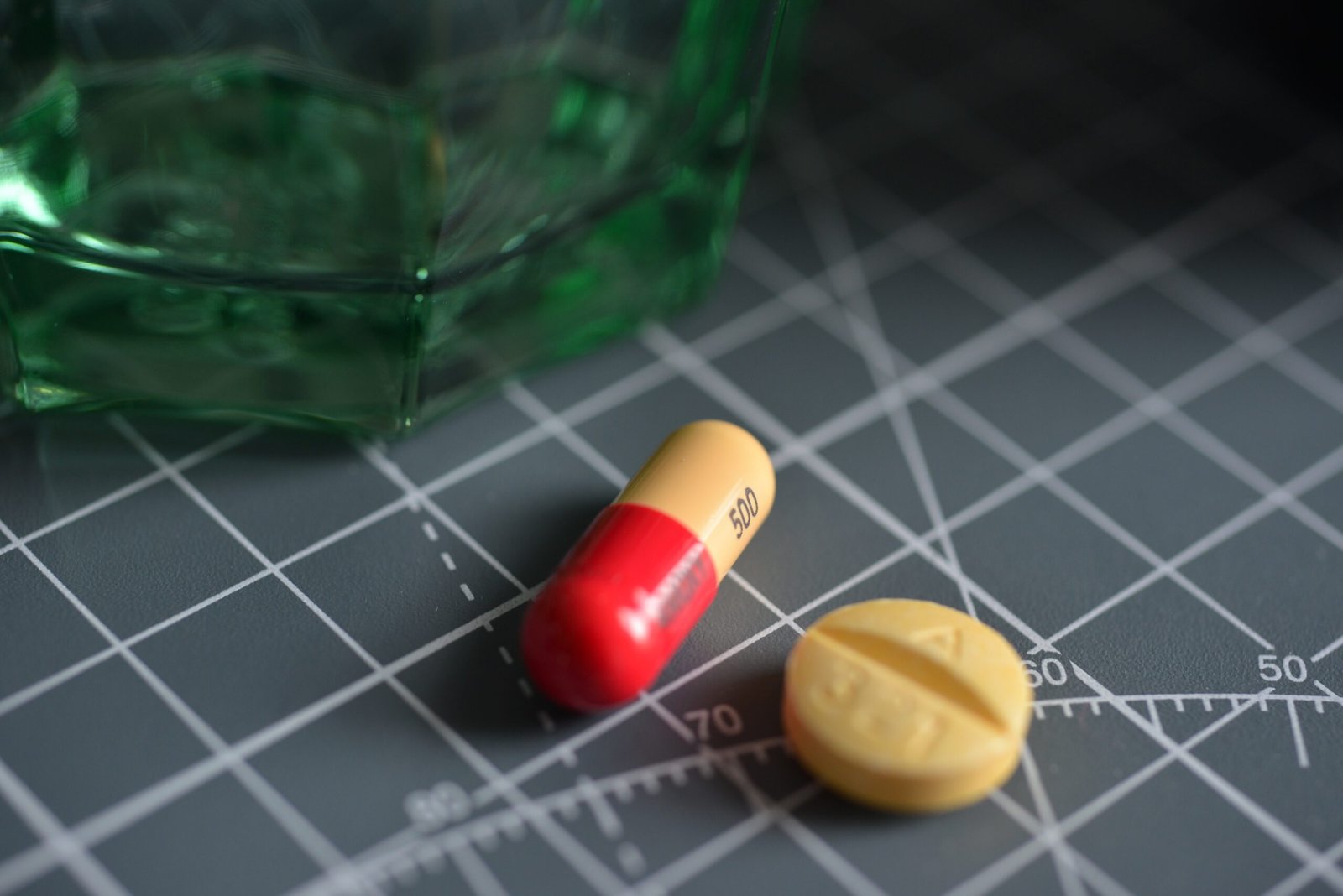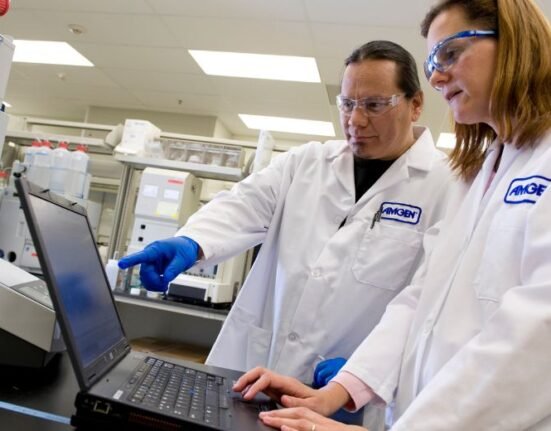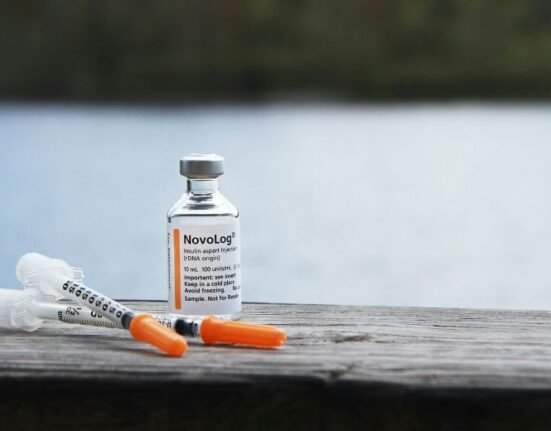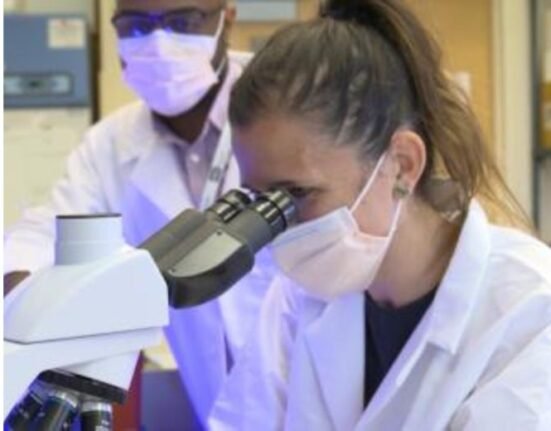HQ Team
April 1, 2024: Preventing the spread of sexually transmitted infections (STIs) might soon be as simple as taking a couple of pills, thanks to the potential of a treatment called DoxyPEP. DoxyPEP, short for doxycycline post-exposure prophylaxis, employs an antibiotic as a preventative measure to halt the transmission of bacterial infections.
Research on DoxyPEP is yielding promising results. So much so, in fact, that the US Centers for Disease Control and Prevention proposed guidelines for its use in October 2023, although these are yet to be finalized and a full endorsement by CDC is expected soon.
Research has shown its effectiveness in preventing the spread of chlamydia, syphilis, and gonorrhea, particularly among gay and bisexual men and transgender women. Recent clinical trials have shown a reduction in the incidence of these infections by over 80 percent.
“DoxyPEP is what people commonly call it, but ‘doxycycline post-exposure prophylaxis’ in full is when people take 200 milligrams of doxycycline, which is an antibiotic, and they take it usually within 24 hours, but up to 72 hours of condomless sex,” Dr Manik Kohli, a Clinical Research Fellow at the UCL Institute for Global Health, told IFLScience. “This has been shown in three clinical trials to be effective in gay and bisexual men and in transgender women at preventing chlamydia, syphilis, and gonorrhea as well.”
Data support
The data to support doxycycline as PEP for STIs comes from two clinical trials in humans —one conducted in France, published in 2017, and one conducted in Seattle and San Francisco and published in April.
Real-world data from clinics implementing DoxyPEP are encouraging. The sexual health clinic in San Francisco reported a significant reduction in STI incidents, particularly in syphilis and chlamydia cases, after introducing DoxyPEP alongside existing HIV prevention measures.
However, there remains a need for further studies to understand its efficacy across different populations. Current trials have predominantly included gay and bisexual men and transgender women, leaving gaps in knowledge regarding its effectiveness in cisgender women, trans men, and non-binary individuals.
Antibiotic resistance
Despite these promising findings, concerns linger regarding potential antibiotic resistance and its impact on bacterial colonies within the body. However, preliminary studies suggest that DoxyPEP may not contribute significantly to antibiotic resistance, particularly concerning bacterial STIs.
While DoxyPEP shows great potential in STI prevention, it’s crucial to recognize that it’s not a standalone solution. Addressing STI transmission requires a multifaceted approach that considers factors like stigma, inequalities, and access to sexual health services and education.








